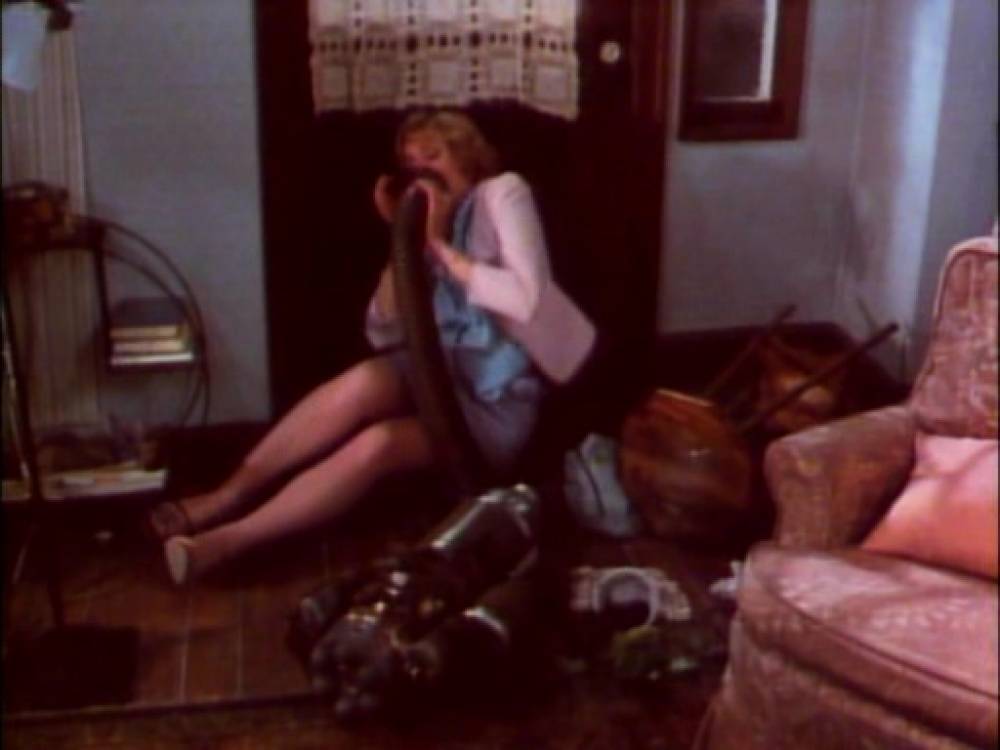Aussies now entitled to a refund on their video games
Today, the Australian Competition and Consumer Commission (ACCC) has made the case that EA has not been doing the right thing. By denying customers entitled to refunds, EA has been in breech of the Australian Consumer Laws (ACL).
"We Stand By Our Games. If you don't love it, return it." is the promise made by the world’s third largest publisher and developer of video games, Electronic Arts known as EA, who run the Origin video game distribution platform.
The Green Debate: Front Loaders vs Top Loaders
Your current washing machine has probably lasted at least 10 years, so if you’re looking for a replacement, a lot has changed since your last purchase.
The average Australian household does 4-5 loads of washing per week. We rely on our washing machine almost as much as our refrigerator. So it's no surprise that performance rather than price is what most people care about when making their decision on which type to buy.
To help you make the right decision, the Two Hoots team has compared the modern day front loaders and top loaders on price, performance and longevity. Our results will surprise you.
7 foods you’re better off eating out than at home
Aussies love to eat out. A recent report found that we visit cafes, takeaway shops and restaurants around four times a month and spend around $70 per week dining out.
Our love affair with eating out has grown over the years. 20 years ago, Australian households spent around 20 per cent of their weekly food budget on eating out. Today, it’s around 30 per cent.
So are we heading the way of the United States? A recent report claims that American’s are spending more eating out than at the grocery store.
A major supermarket brand claims that the weekly supermarket shop is dead. We now use the supermarket more like a panty with last minute shops of the necessary ingredients to whip up the latest MasterChef inspired recipe.
When we considered $70 per week is spent dining out compared with $139 per week on groceries, we thought we'd answer the following question.
When are you better off eating out and when are you better off eating in?
This love will rock your world – but not in a good way
As dating websites and apps become more popular, so do the number of online romance scams. In Australia, $28 million last year was lost in romance schemes. These figures are only the tip of the iceberg as many victims are reluctant to admit to friends, family or authorities that they fell for a scam.
We've spoken to many people who have fallen victim to romance scams and what's important to know is that these aren't silly people handing over cash within the first five minutes of meeting someone. They are regular folk looking for friendship or love.
So how likely is it that your new internet love interest will go after your bank account? And what are the signs to look out for?
We've compiled the Top 5 strategies used by love scammers.
Films, hotels now food. Can this system really get you making good choices?
What do films, hotels, appliances and now food all have in common? They have a star rating system designed to help us make better choices. And while sitting through a mediocre film does little more than waste our time, the star rating system on packaged foods has promised better health. But can a simple label on packaged food be the answer to rising obesity?
The recently introduced system has got its detractors. For starters, how does a system rating healthiness give a better score to hot chips than greek yogurt? We'll get to that shortly. And how can we make best use of the labels despite their limitations?
How loyalty programs sucker you into giving up personal information
If you’re not paying for a product, then you might be the product. Wise words to consider next time you're thinking of joining a loyalty program.
We love a freebie, but loyalty programs offering everything from free coffees to discounted flights aren't actually free. Businesses increase their profits with loyalty programs in two ways. A loyalty program encourages you to shop with those participating outlets more than you would otherwise. And the other way is to sell your data, either to market research companies or to other companies that then send you unsolicited emails, instant messages, SMS or MMS also called SPAM.
So are these programs worth the effort or are we being suckered into giving up our personal information for little return?
Will TV streaming have the fastest take-up rate for consumer technology in Australian history?
Aussie viewer behaviour is stunning the experts. Subscriptions to TV and movie streaming services such as Netflix and Presto may prove to have the fastest take-up rate of new technology in Australian history. Even more intriguing is the rapid drop in piracy.
Why recalls aren’t working
Is it a case of a horror movies come to life - are our everyday items out to get us? Last year, there were 670 product safety recalls – up 12.4 per cent from the previous year. We better get accustomed to more recalls. Brands are worried about what happens to their reputation if they don’t do a recall, so you better start paying attention.
In an episode from Tales from the Darkside, a babysitter entertains a bunch of kids by inventing a creature that eats sounds. Things turn nasty when the vacuum starts eating everything and everyone in the house.
In real life, we’ve had:
-
- chocolate laced with plastic,
- washing machines catching fire,
- furniture falling on kids, and
- cars rolling away when left in 'park'.
This year, we’ve had more cars recalled than ever before. There are plenty of disgruntled car owners, some even taking to youtube or kickstarter to raise awareness to what they perceive as a ‘lemon’ car.








